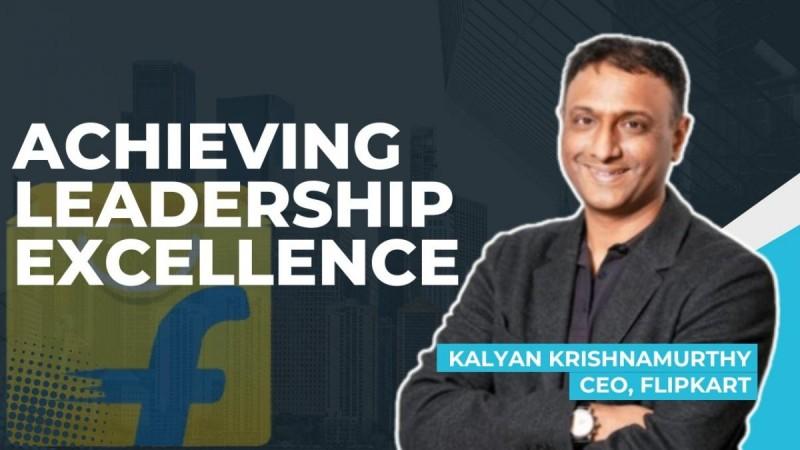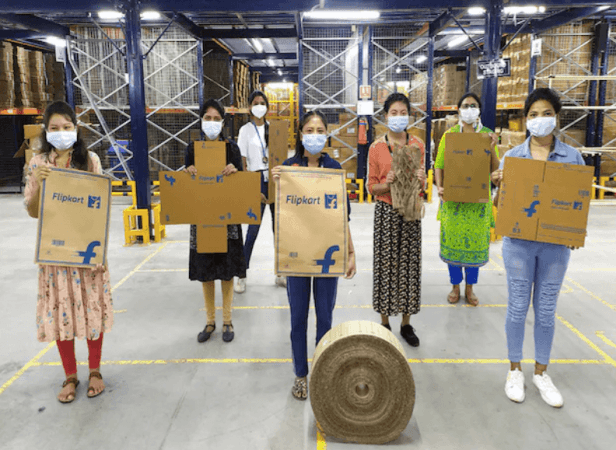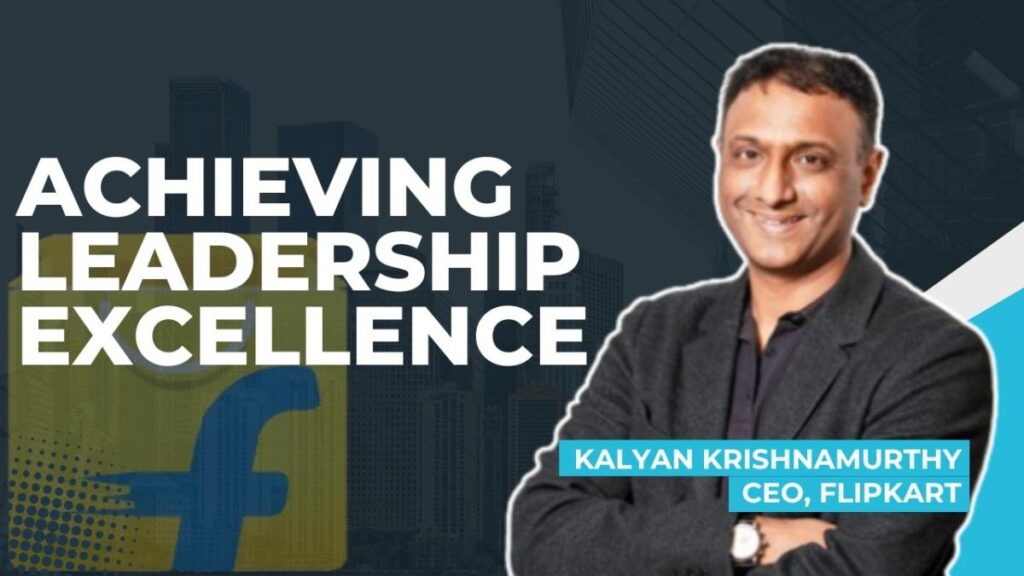
Kalyan Krishnamurthy's tenure as CEO of Flipkart not only saw a period of significant growth for the company, but also saw him receive the prestigious IBT CEO Award. This accolade provides the backdrop for exploring how, under Krishnamurthy's leadership, Flipkart is revolutionizing the e-commerce space, balancing community building with profitability.
In 2007, the virtual landscape in India was very different. Sure, Google existed, but not to the extent that it is today. High-speed internet, 4G and unlimited data were not yet in public use and online shopping was not welcomed. The idea of online shopping was met with not only heavy criticism but also immense pessimism. Why would anyone buy online when they could visit a store, see a live demonstration and experience the product before deciding to buy?
This wouldn't work in India – after all, Indians have a notorious penchant for “touch and feel” before buying – but undeterred by the sarcasm, laughs and raised eyebrows, founders Sachin and Binny Bansal launched Flipkart in 2007. Today, the Bangalore-headquartered e-commerce website has become a phenomenal success, a fast-growing and successful business model worth looking back on.
Kalyan Krishnamurthy appointed CEO
It's no easy feat to take over the reins of a company that boasts over 100 million registered users, 100,000 sellers, and over 21 state-of-the-art warehouses. It also boasts approximately 10 million page visits per day and over 8 million shipments per month. These astounding numbers would have been unimaginable at the time.
However, when Kalyan Krishnamurthy took over as Group CEO in 2017, the online space had already become unimaginably competitive. Responsible for driving growth and business operations in the country, he further propelled the company by focusing on consumer shopping experience, ad-retail, voice assistants and regional language interfaces. Driven by the need to constantly innovate, he expanded the company into key new areas such as grocery and fintech.
By 2022, Flipkart was clearly no longer just a retail giant delivering everything from laptops to shoelaces. By 2022, Cleartrip was acquired, Shopsy was launched along with Flipkart Health+, eKart and Jeeves were foraying into B2B, while the Flipkart Foundation was also launched along with Green e-store and Samarth Krishi.
With Shopsy being a pan-India, commission-free marketplace with products across 1,300+ categories and Flipkart Health+ offering authentic, reliable medicines and healthcare products that are in tune with the times, the company is clearly looking at the bigger picture and aiming for a larger share of the pie.
Nation-building is a key part of the company's portfolio, a role notably absent from other e-commerce giants in the market.
sustainability eeffort
Flipkart Group is committed to reducing emissions from its operational activities by 100 percent by 2030 and working with merchants, consumers and partners to achieve net-zero emissions by 2040. The company has defined a clear decarbonization path and is focused on increasing the energy efficiency of its headquarters and supply chain facilities, and powering its operational operations through renewable sources such as solar.

Flipkart's sustainability efforts have addressed the e-commerce sector's biggest pain point in a timely manner by tackling the menace of excessive packaging way back in 2021. The e-commerce giant has vowed to eliminate single-use plastics from its packaging and adopted sustainable alternatives across its supply chain by introducing scalable sustainable alternatives like eco-friendly paper shreds, replacing poly pouches with recycled paper bags, and replacing bubble wrap with shredded cardboard waste and double-ply rolls.
Food bbusiness MetersAylstone
In May, Flipkart announced a significant milestone in its grocery business by registering 1.6x growth year-on-year. This achievement underlines Flipkart's commitment to provide a superior online shopping experience across India and offer a wide range of everyday items at competitive prices and convenience. As a customer-first organization, Flipkart Grocery ensures to provide fresh produce at affordable prices with transparency on production and shelf life.
The company is expanding its presence in tier-2 and beyond cities across India, driven by consumer demand in locations like Aurangabad, Bankura, Bokaro, Chhatarpur, Guwahati, Jamshedpur, Krishnanagar and Visakhapatnam.
Advanced supload cHein
A strong supply chain is essential for a sustainable business model. Flipkart's technology-enabled supply chain network delivers millions of shipments every day, efficiently serving customers in the remotest parts of the country. The network also helps sellers manage and forecast delivery schedules, reducing returns and improving customer experience.
Krishnamurthy said earlier this year that he tested his company's services on Flipkart's unified payments interface with a closed user group, paving the way for the company to enter the digital payments space. He stresses on the importance of innovation and expansion, as well as talent and values in the workplace. Flipkart's inclusive FlexBen policy covers LGBTQAI+ employees and its partners, and it hires people from diverse socio-economic backgrounds and people with disabilities.
Kalyan Krishnamurthy, an MBA graduate from Asian Institute of Management, Philippines, has driven meaningful change at Flipkart through his continuous efforts. His vision and leadership have been a disruptive force that balances innovation and community building.


